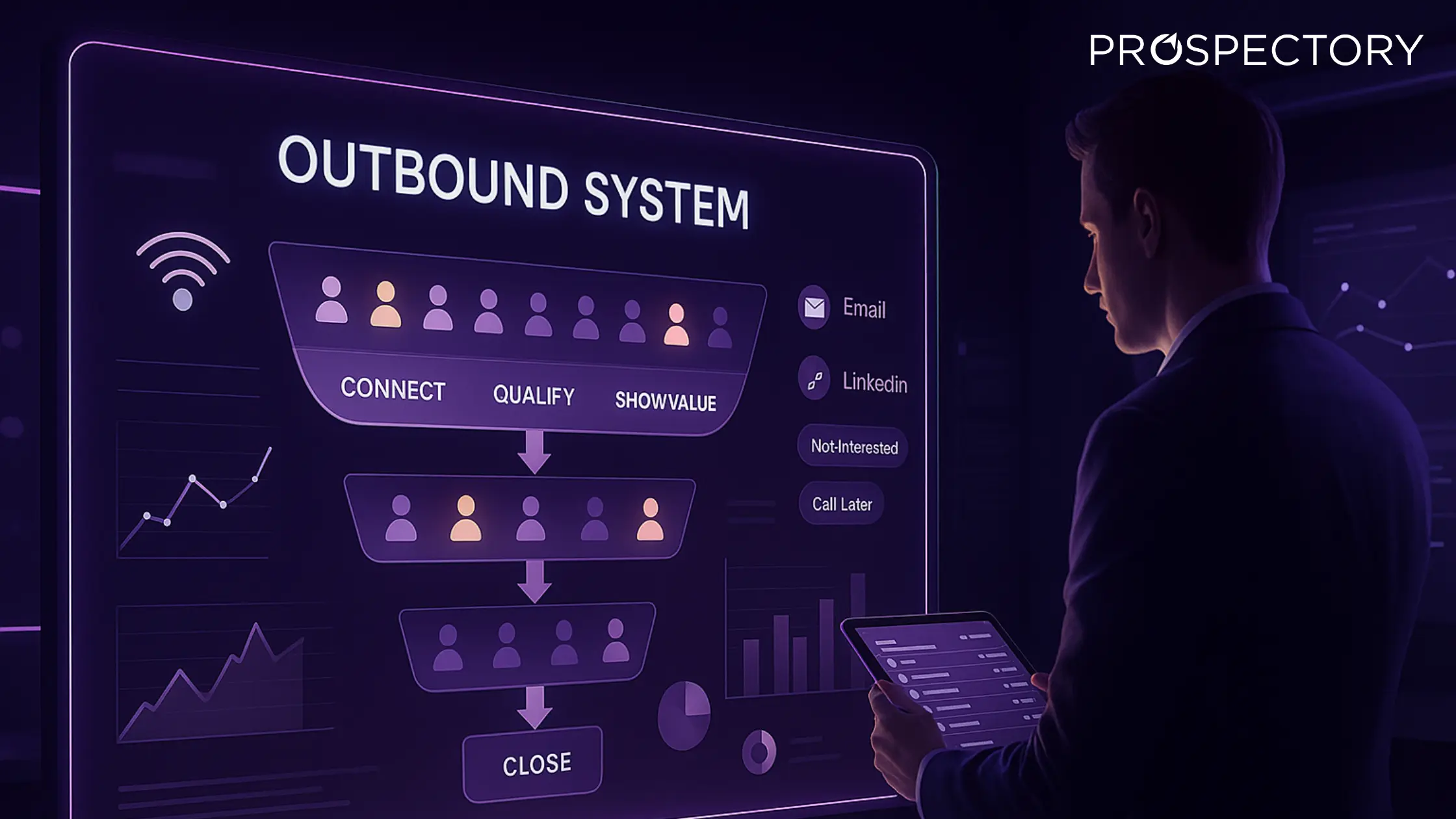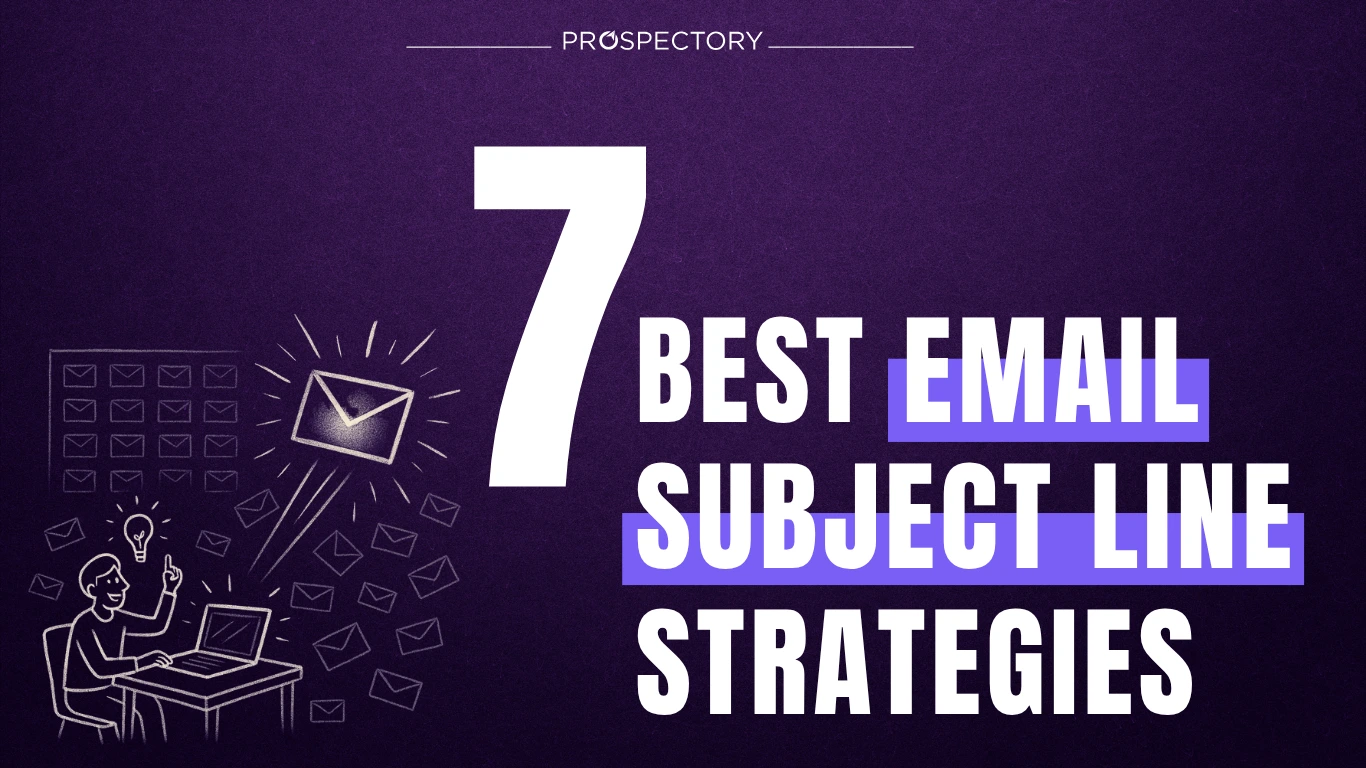Leveraging Data: How AI Can Improve Your Sales Forecasts

Sales forecasting is part art, part science. Accurate forecasts help teams allocate resources, set achievable targets, and strategize for future growth. But traditional forecasting methods are time-consuming and prone to error. However with AI, you speed up the process and decrease errors.
Due to AI’s ability to analyze a lot of data fast, it has changed how sales teams approach forecasting, identifying trends, and predicting future outcomes and with impressive accuracy. In this post, we’ll show you how AI will help improve your sales forecasts and make your decision-making process easier.
How AI Uses Historical Data to Improve Sales Forecasting
AI systems can analyze your company’s historical sales data, external market conditions, and even individual rep performance to create accurate sales forecasts. AI models learn from past data patterns so they can make predictions that account for variables humans might miss, like anomalies in market dynamics.
With AI, forecasts become more precise over time as the system continuously learns from new data and experiences.
The Benefits of Integrating AI into Your CRM and Analytics Tools
By integrating AI into your existing CRM and analytics tools, you will be able to make your forecasting more accurate. AI’s ability to process real-time data means that your forecasts are constantly updated based on the latest information. This makes for more dynamic forecasting that adjusts to market shifts, competitor actions, and changes in buyer behavior.
When your AI is integrated into a platform like Prospectory.ai, it not only betters your forecasting but also your lead generation and prospecting efforts. It offers insights into which prospects are most likely to convert, and at what stage in the sales cycle.
Real-Life Examples of AI-Boosted Forecasting
- Increased Accuracy: One financial services company reported a 20% improvement in forecast accuracy after implementing AI models that analyzed historical sales data alongside real-time market trends.
- Shorter Sales Cycles: A technology firm saw a reduction in their average sales cycle length by 15% due to AI insights that allowed them to focus on high-potential deals earlier in the cycle.
- Better Resource Allocation: AI-driven forecasts helped a healthcare organization optimize its salesforce allocation, increasing rep productivity and overall deal size
Conclusion: Sales Forecasting Isn't Magic, But Sometimes It Works Like Magic
Accurate forecasting is a prelude to success in B2B sales (see what we did there), and AI offers the ability to analyze data and predict outcomes. By integrating AI into your sales process, you will be able to forecast more accurately, shorten sales cycles, and improve decision-making at every level of your organization.

Related Blogs











